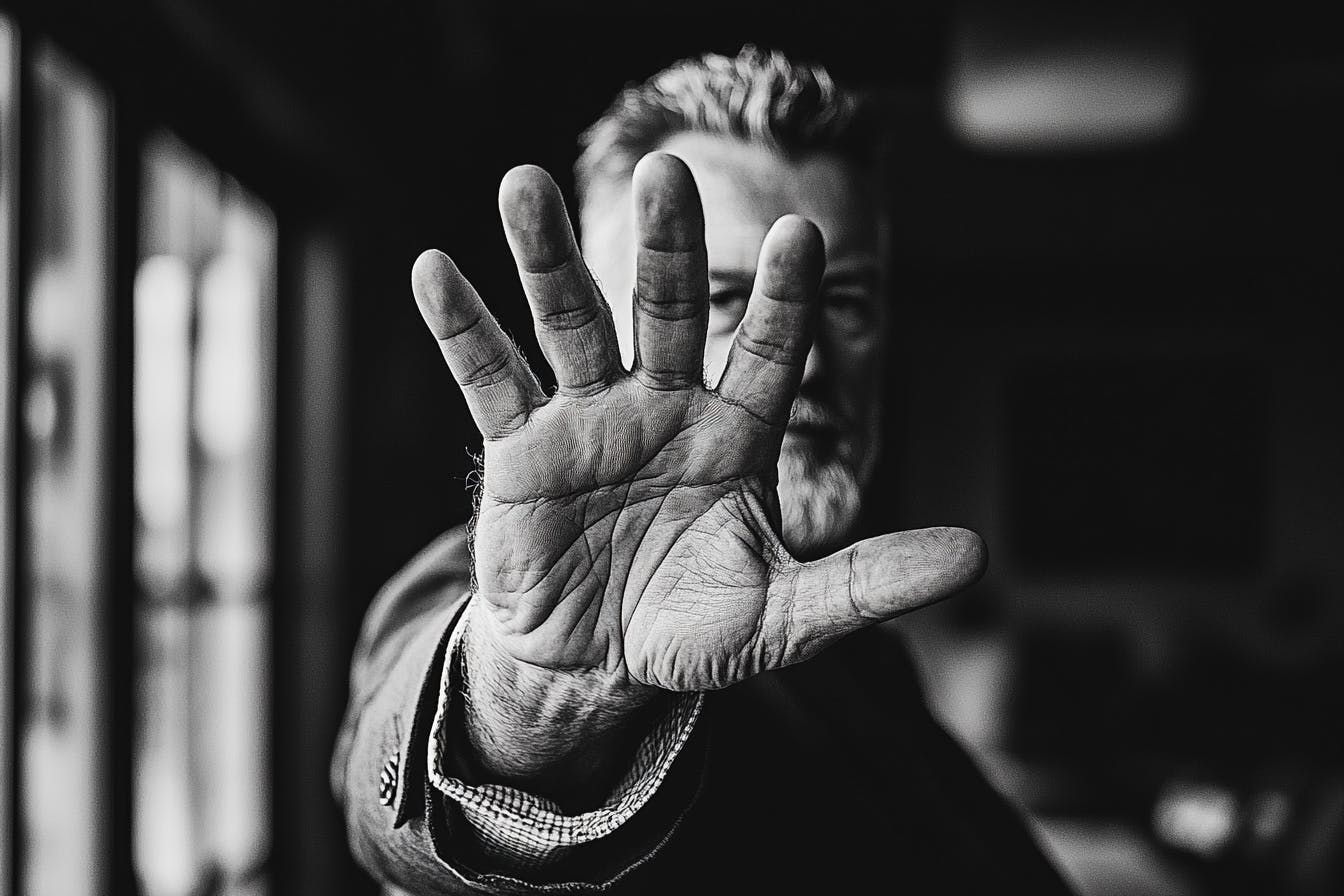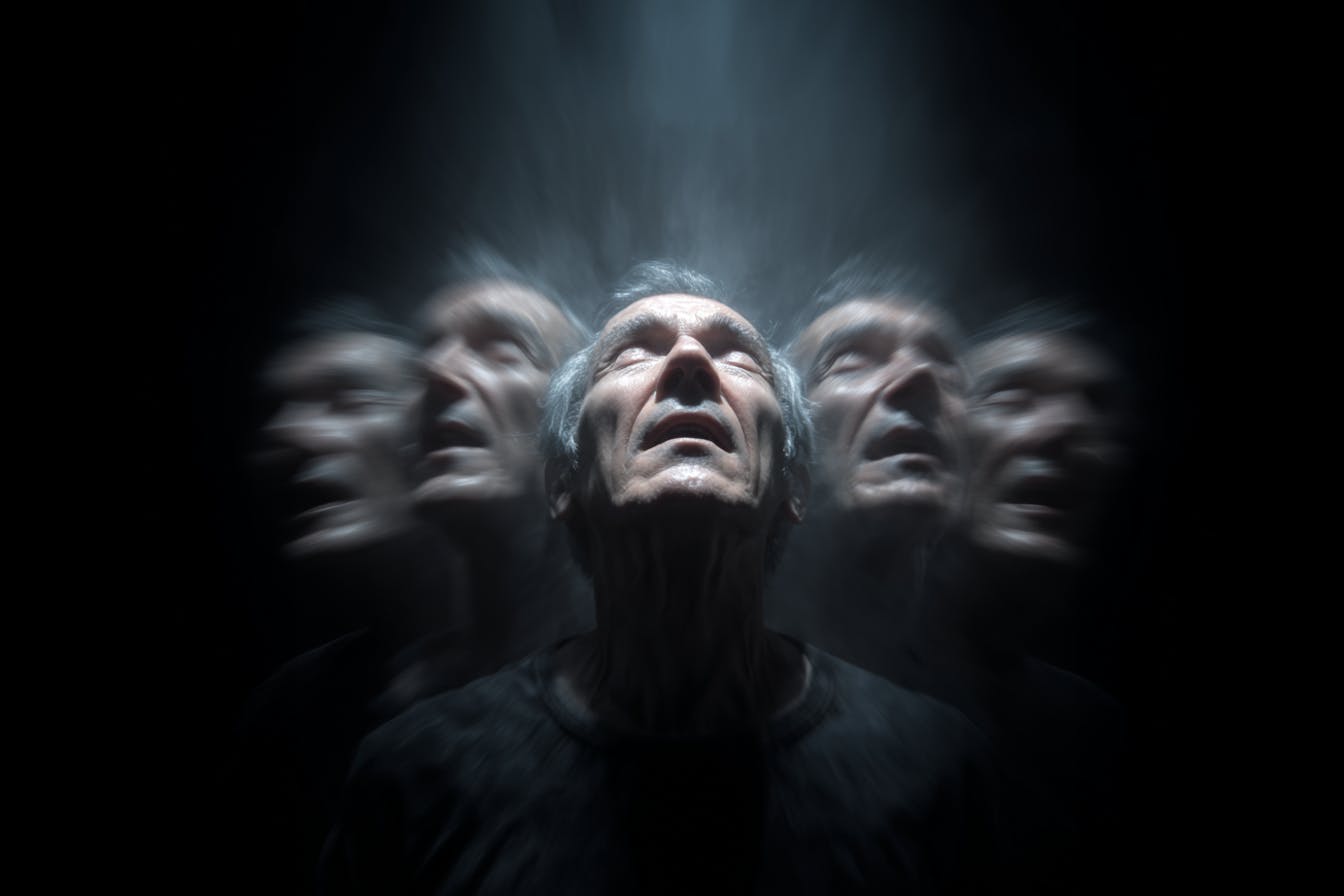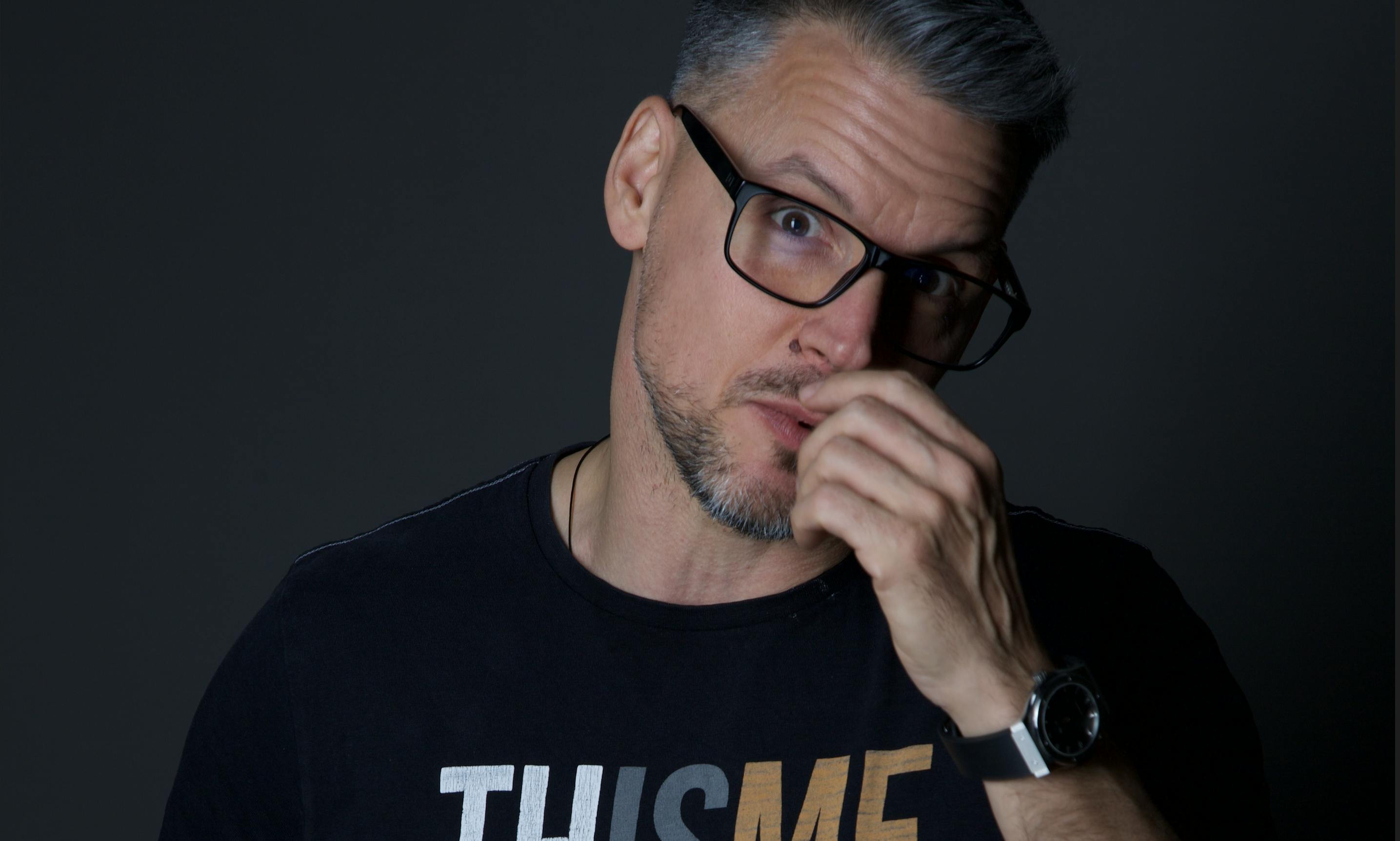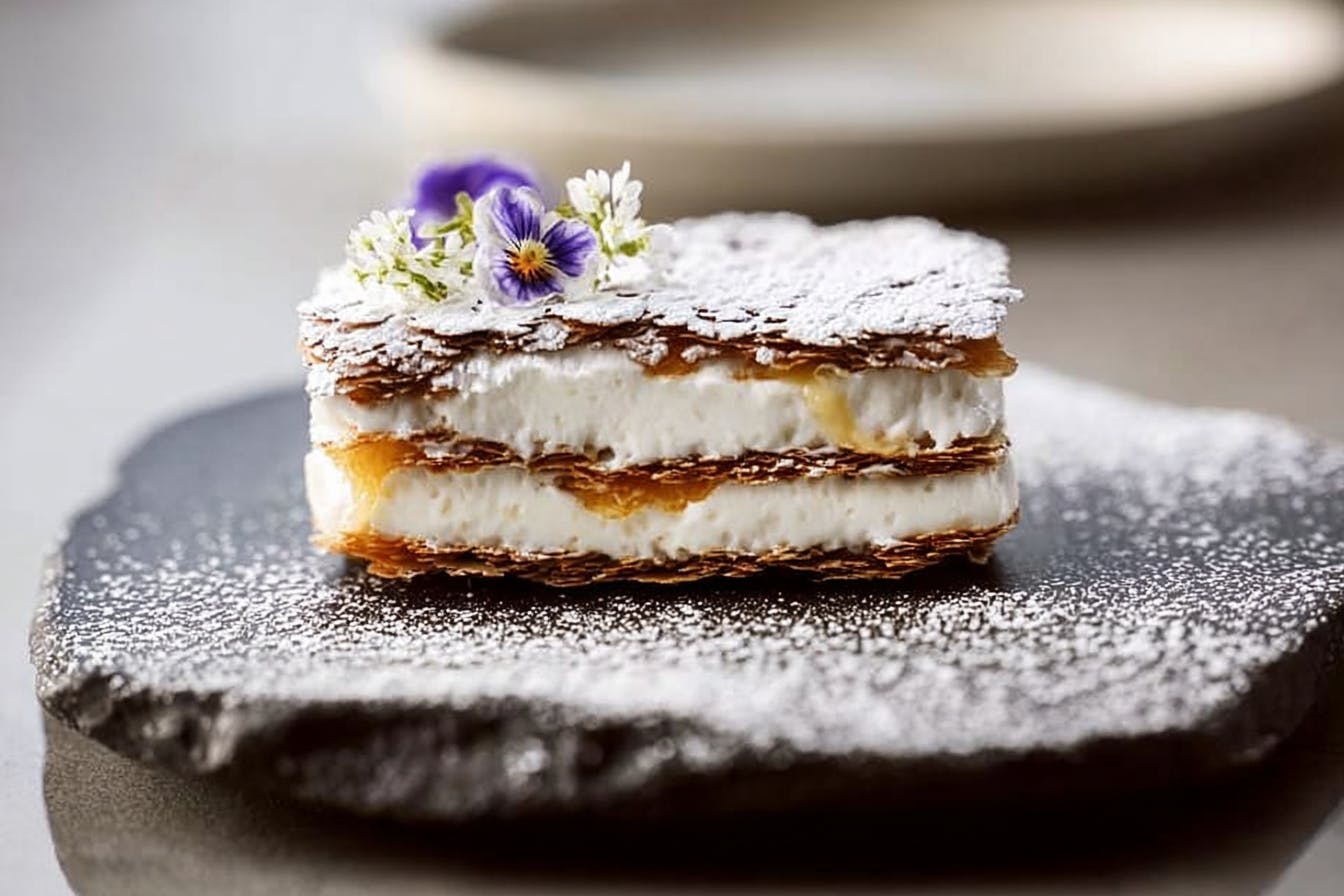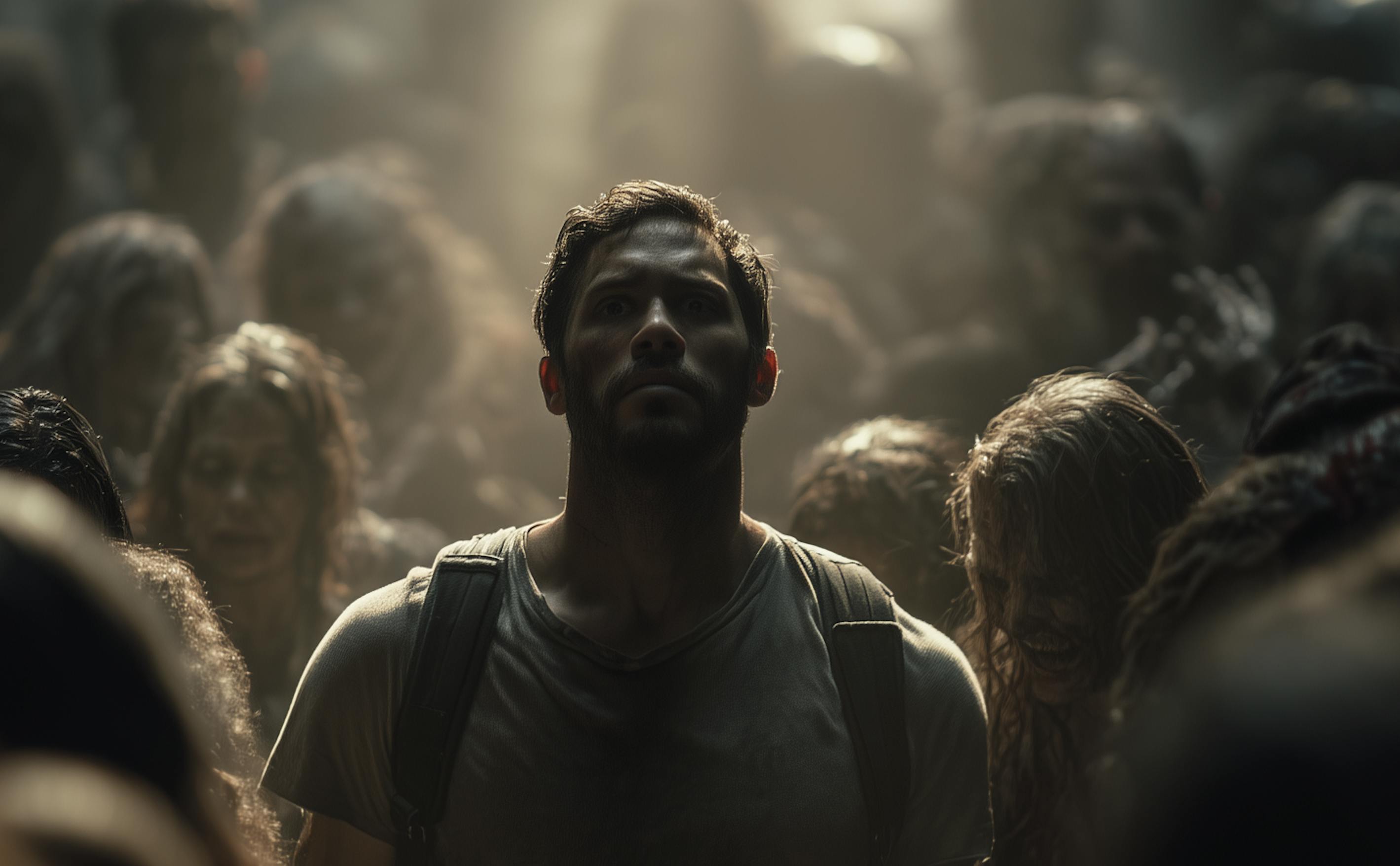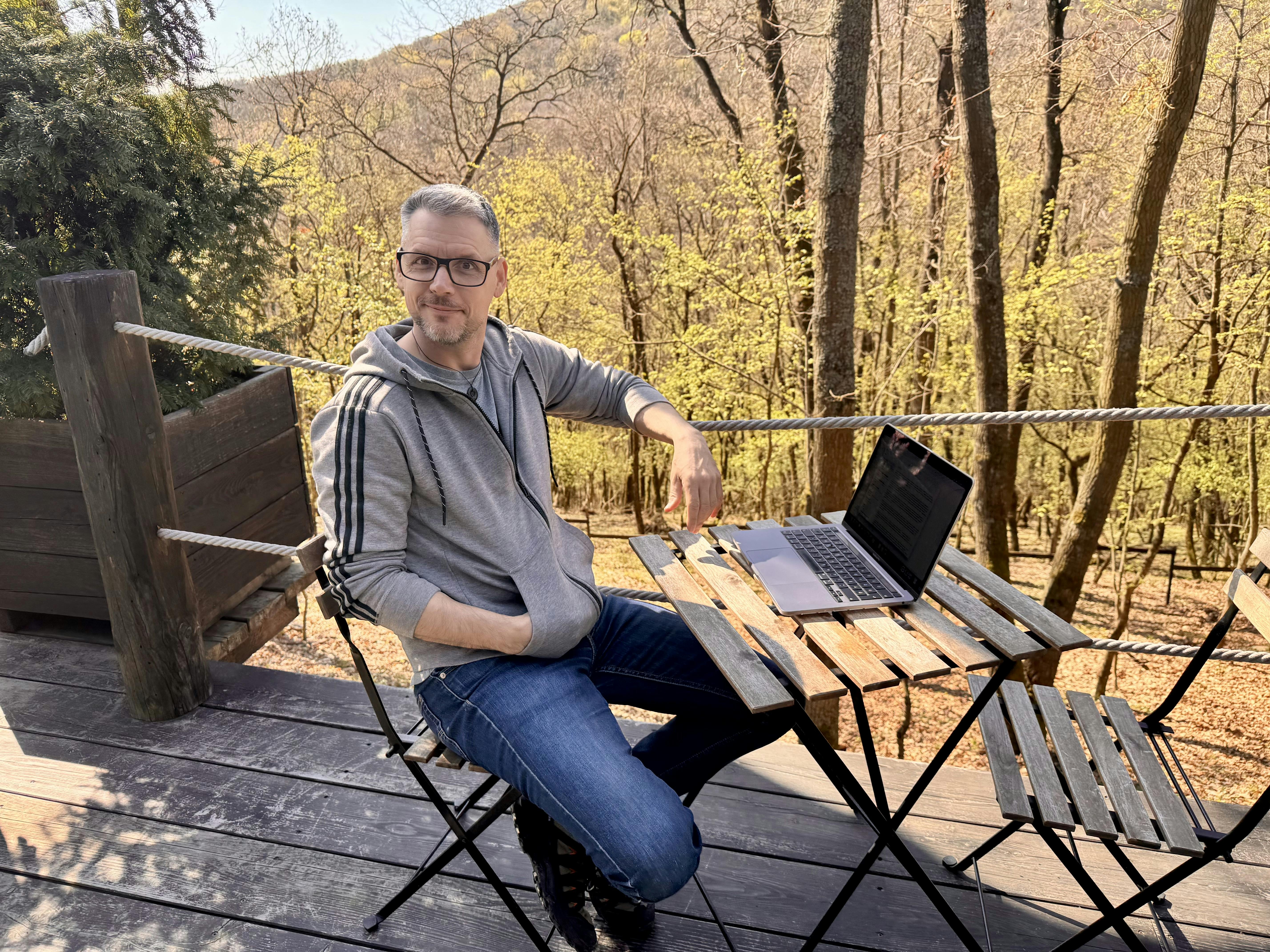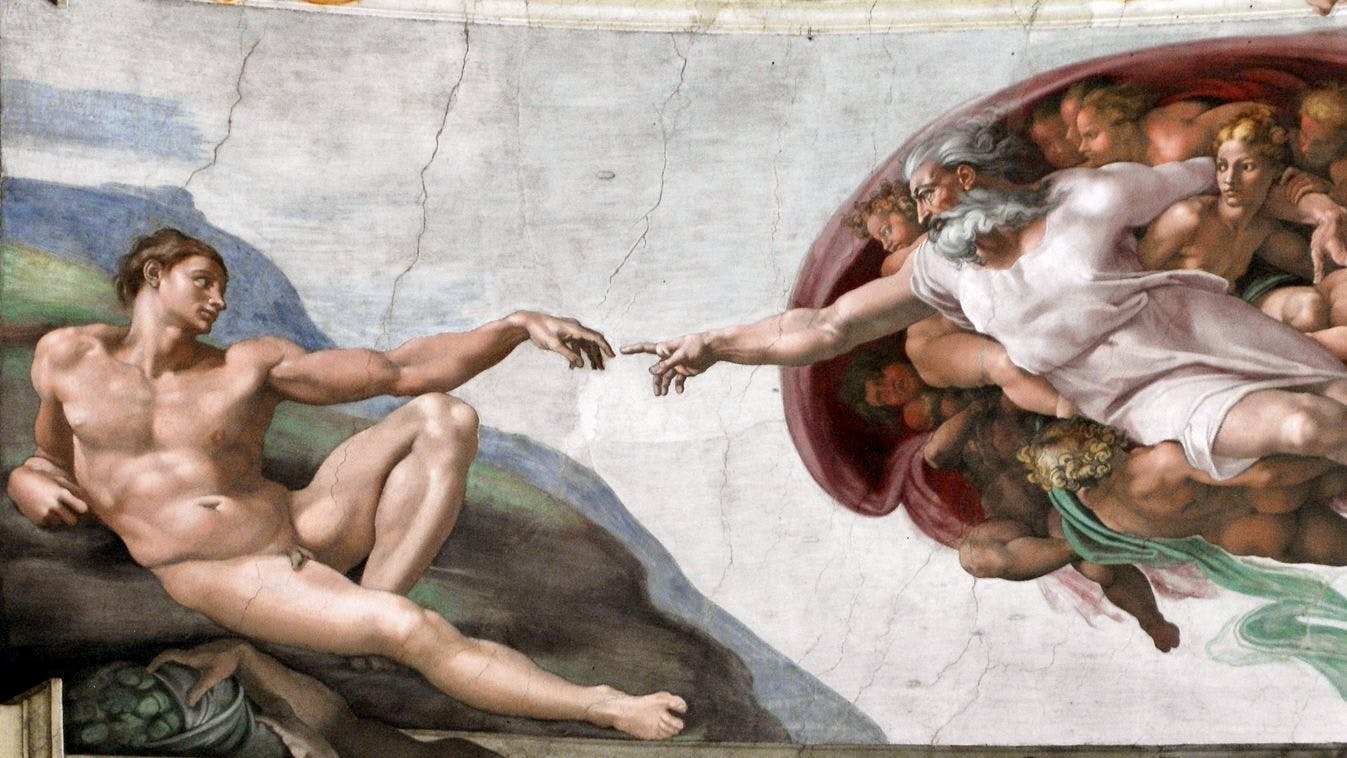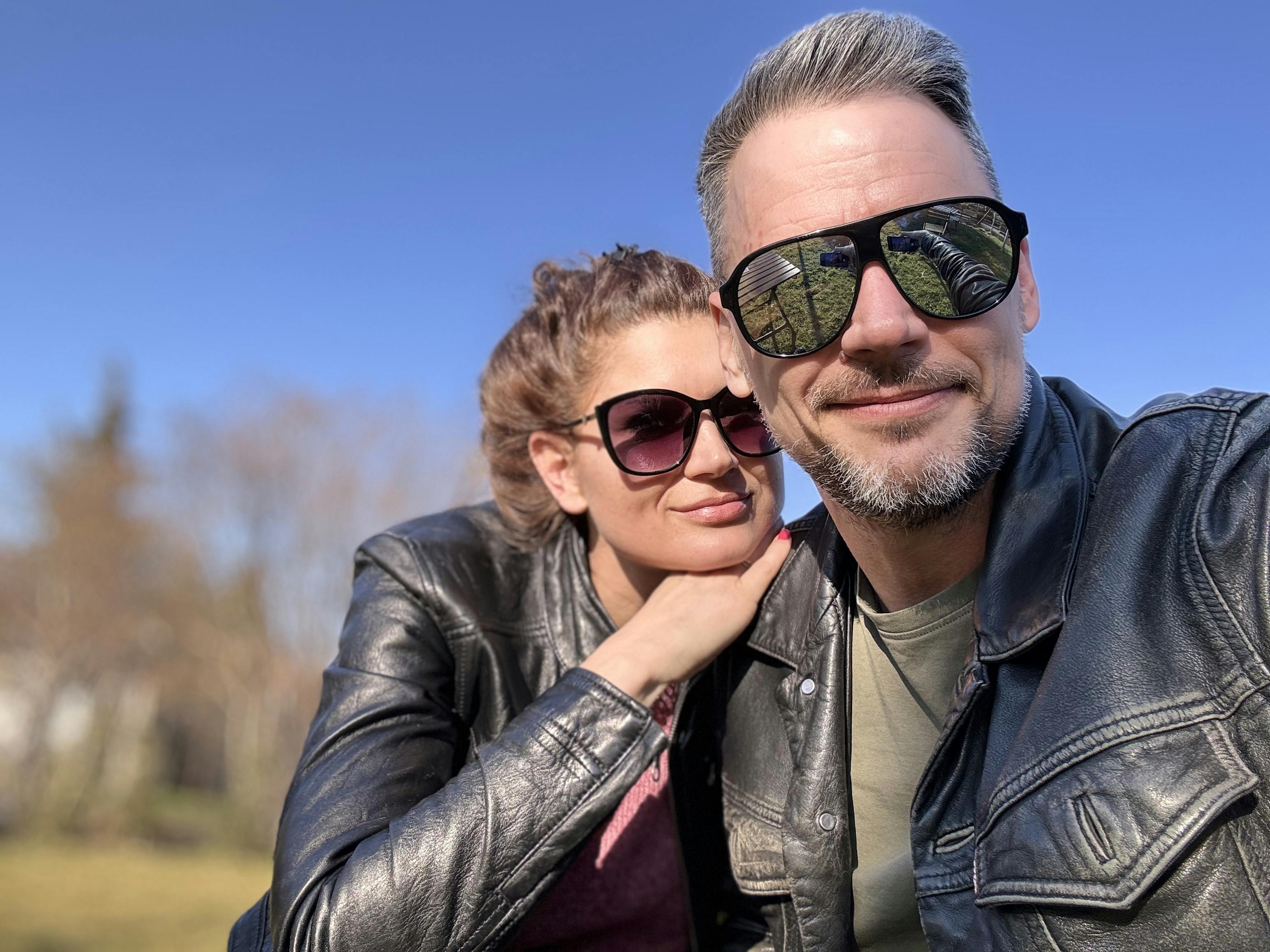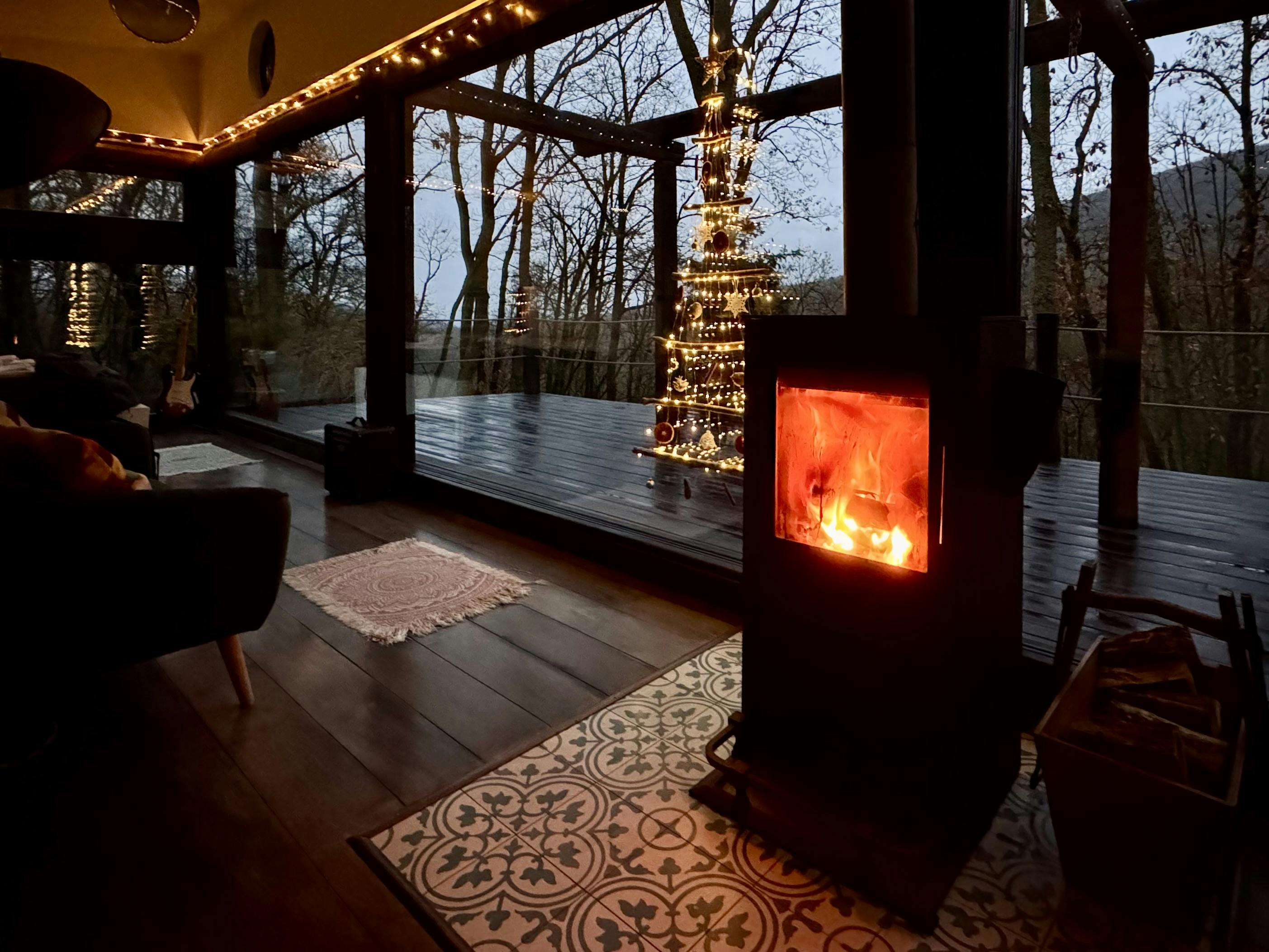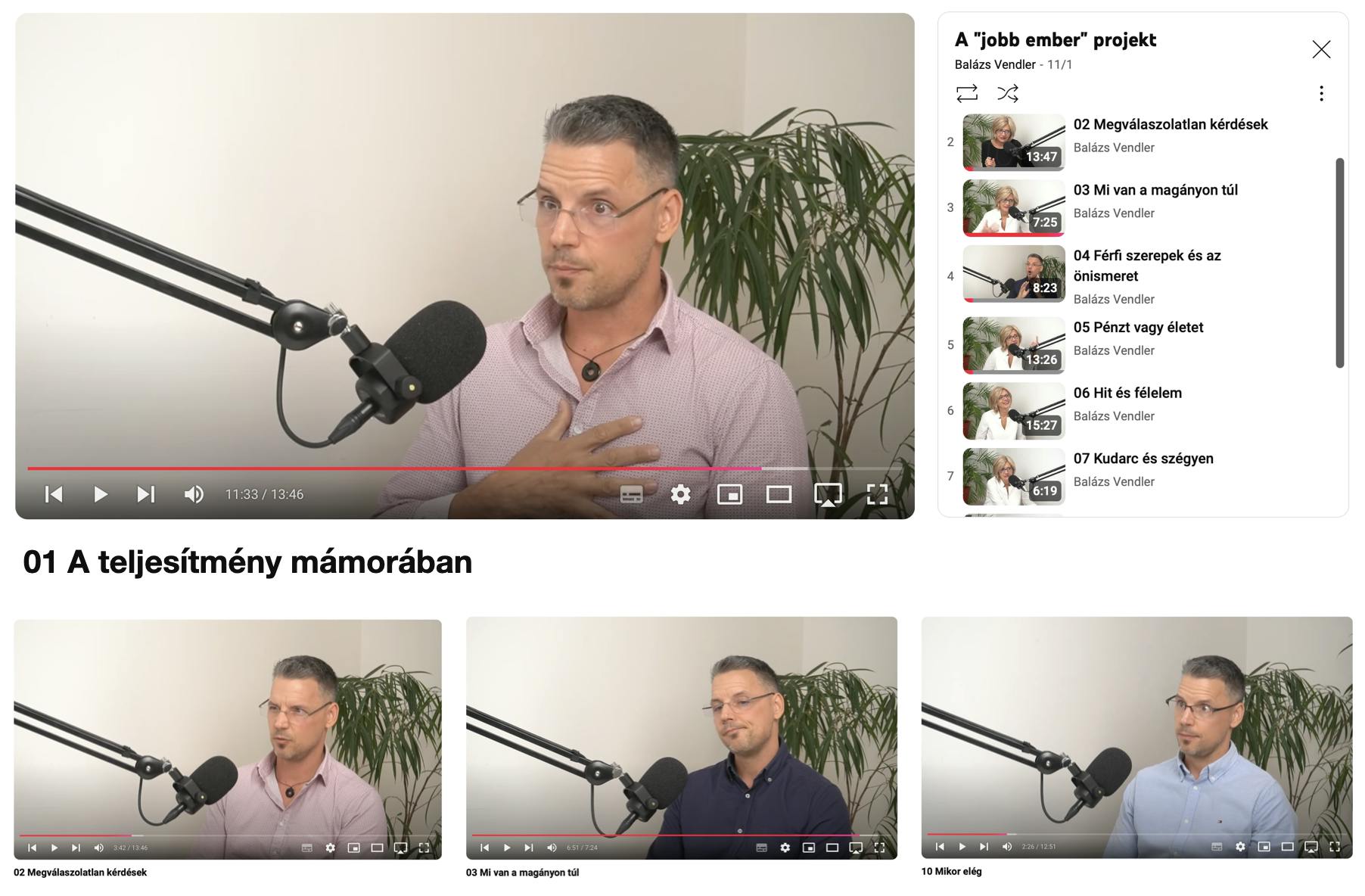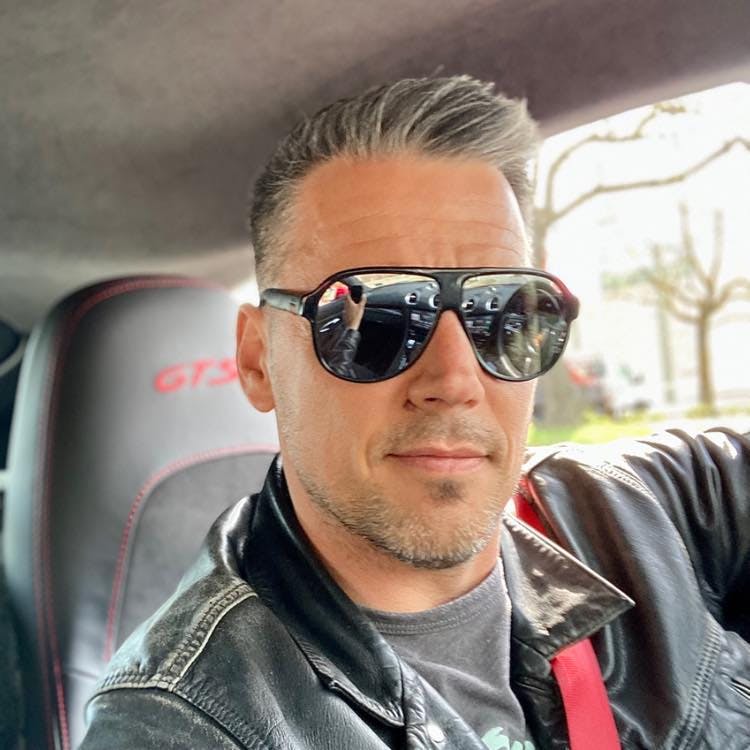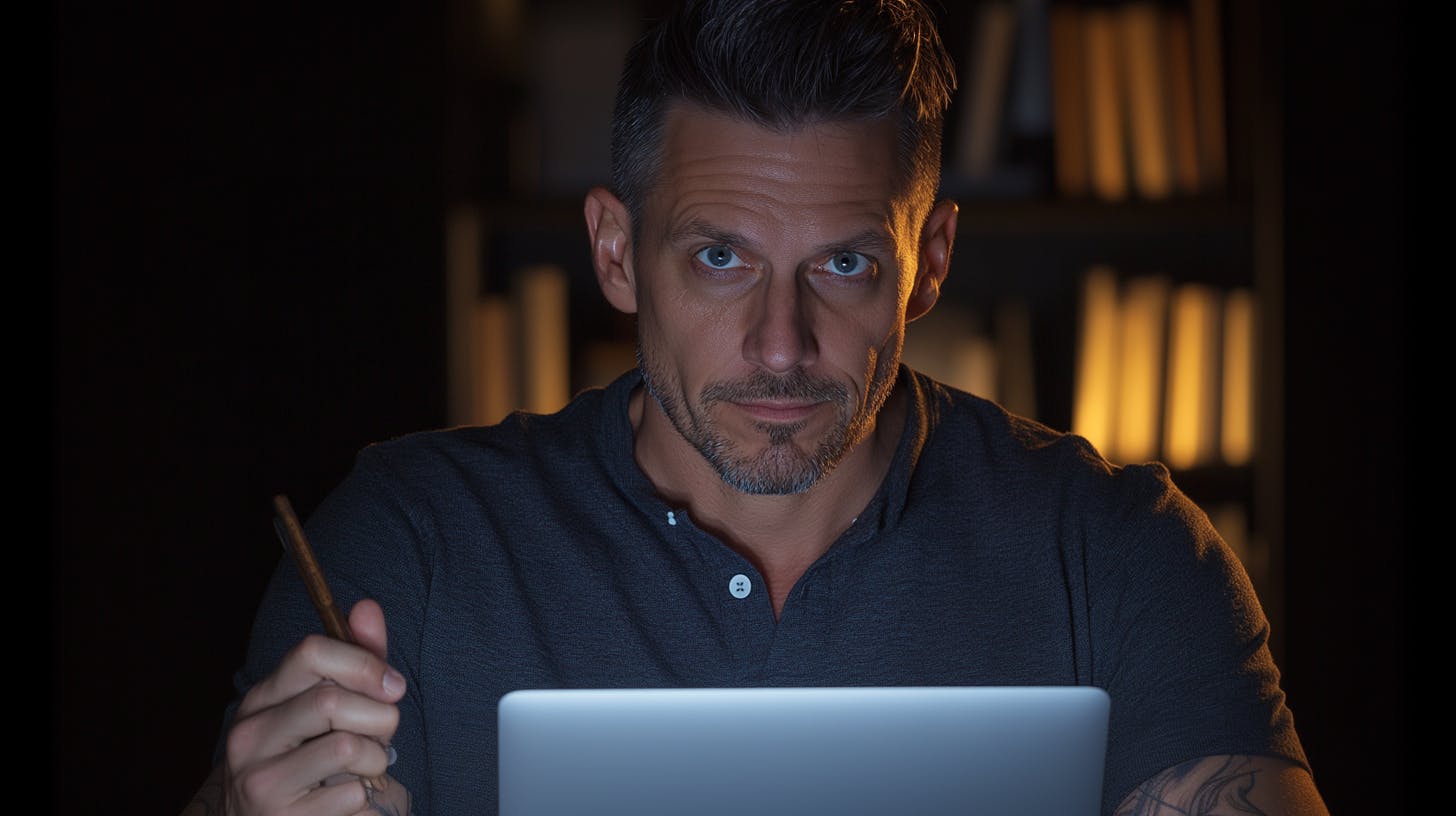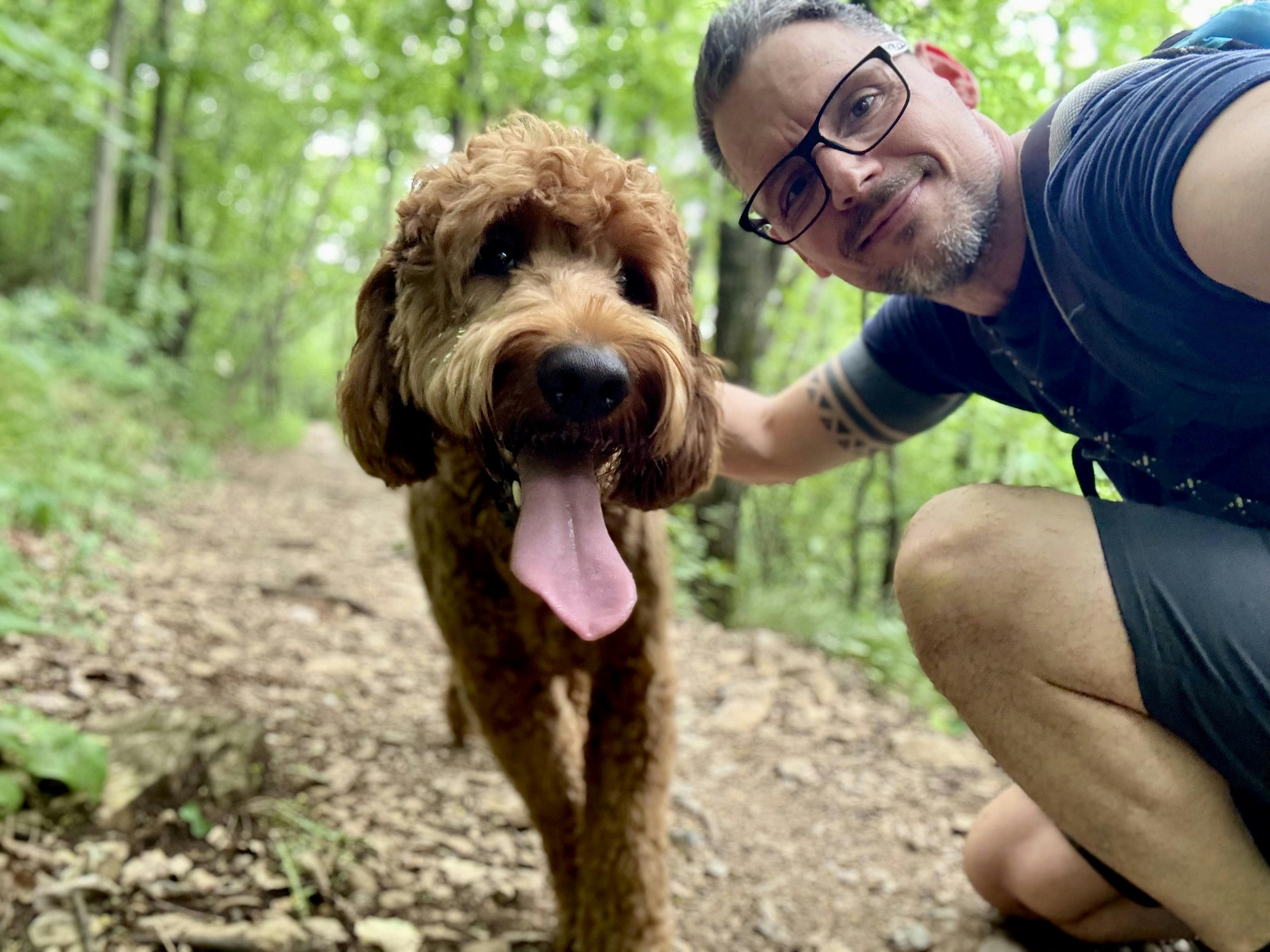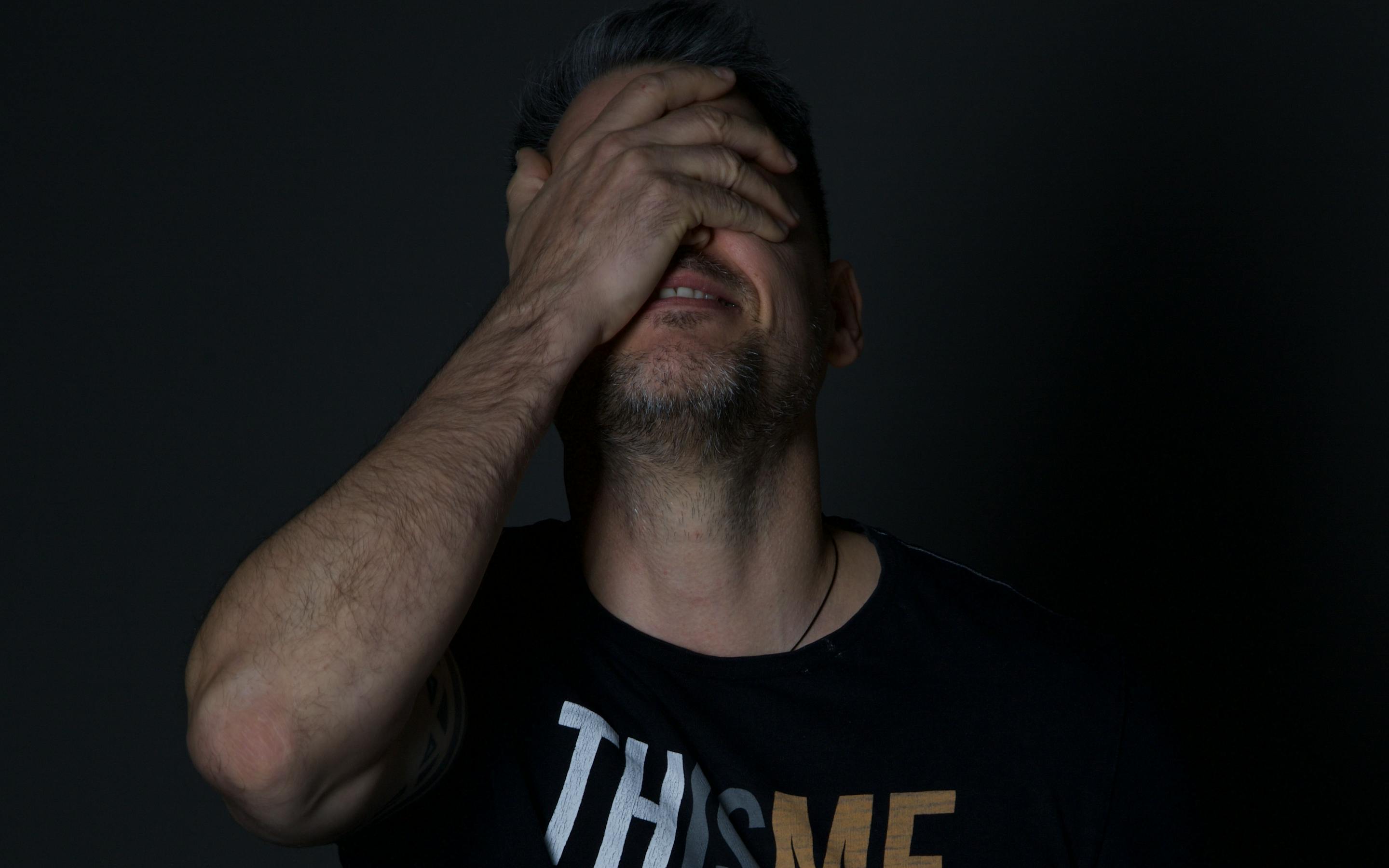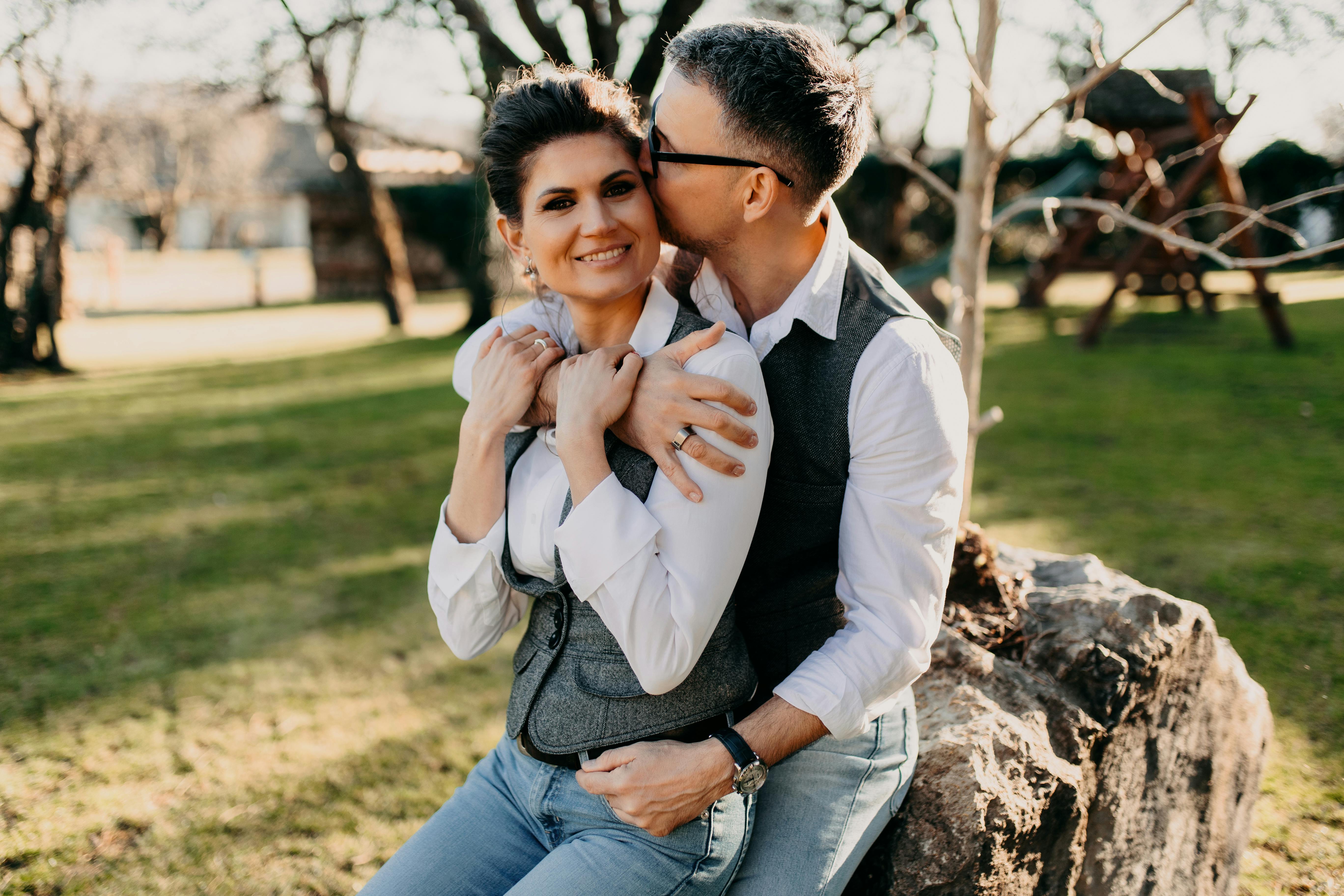
Circular Intelligence
2024.08.05.
Lately, I’ve been thinking a lot about loneliness. Actually, I’ve been pondering connection—how we connect with each other, what it means to connect, what connection gives us, and what significance it holds in our lives.
And naturally, the lack of connection comes to mind as well. If loneliness is the state of being disconnected from others, why is it that we can feel perfectly content being alone?
But what does connection give us? What does it mean to be part of a network? Why do we connect more with objects today, and where does it lead when our knowledge migrates into our tools?
We’re left alone.
I’ve been alone many times. Even as a child. While my brother was hanging out with friends somewhere in the neighborhood, I’d stay home. I’d read. Or daydream. I remember really wanting a handheld electronic game. A solar-powered one where I had to shoot down enemy spaceships with my own ship. But I didn’t have one. So, I drew one on a sheet of paper, pressing the drawn buttons and making shooting noises with my mouth. I shot down all the enemies. I was really good at it…
I was okay.
And I remember the fall of ’94, in my second year of university, feeling incredibly lonely. I was walking home from a party, the street was empty. A homeless man walked ahead of me, quietly crying. Maybe he was drunk, maybe he just thought he was alone. He cried and kept saying, “Nobody loves me.” It was a miserable feeling—the lovelessness. Not his, but mine. He just voiced it for me. I was there, in the void, alone, abandoned. That night, the homeless man and I somehow walked together, but still very lonely. We were heading somewhere, but neither of us had a home to go to.
I was alone.
And yet, that wasn’t true, because I had university friends. But still, I felt like I was just hanging in the void. I didn’t feel truly close to anyone, not even to myself. Perhaps least of all to myself… Even today, I spend a lot of time alone. I actively seek out those moments, and I immensely enjoy them. I spend a lot of time at home. I have a home. I have someone to belong to. I live a secluded life; our house could be on an island, and it wouldn’t make much difference… Yet, I feel like
I’m connected.
Somehow, I’m connected to life. I talk a lot, read, and reflect. I’m connected to myself, to my thoughts, and to the thoughts and lives of others. And I love it. My relationships have changed over the past few years; I’m now curious about people, wanting to learn more about them, and through them, about myself and life. I feel how the quality of human connections fundamentally determines the quality of my life.
The Harvard Study of Adult Development is one of the world’s longest-running studies on human happiness and well-being. The research began in 1938 and has continued for over 80 years, following the lives of about 700 people, collecting detailed data on their health, relationships, and overall life satisfaction. The study found that good-quality relationships are the most important predictors of long-term health and happiness. Robert Waldinger, the study’s director, emphasized in a TED talk that those who were most satisfied with their relationships at age 50 were the healthiest at age 80. Good relationships act as a shield, reducing stress and improving mental and physical health. So, good relationships not only protect our bodies but also our minds.
We give each other a safety net.
We create a large network, a web. All of us, with each other. So, through our human connections, we not only make our lives happier, but we also create networks. For a time, I was deeply interested in the thoughts of Albert-László Barabási, who demonstrated how we, humans, create complex and multifaceted networks.
But what are these networks like?
Barabási’s research draws parallels between human, natural, and artificial networks. As I read about this and discussed it with ChatGPT, a train of thought began to form in my mind…
How does the artificial become natural?
As AI poured information about how networks work, I started to think about the evolution of intelligence. How does my intelligence connect with AI’s network? At the dawn of our history, in the beginning, humans did everything themselves. We had to know a lot to survive. We lived in small communities, creating small networks. We learned step by step through our experiences. We became capable of more and more things. We didn’t just gather and hunt; we made tools for these tasks, then we started farming, transforming our environment. We created artificial elements and spaces because we changed nature, making it as we wanted it to be. And in this environment, it became easier for us to multiply.
Our network began to grow.
As the number of tasks increased, people began to specialize in them. As we specialized, we became more efficient at our tasks, but increasingly relied on others in different areas of life. My grandfather would be ashamed to know what things I call a specialist to the house for… So, we increasingly relied on each other, making it more and more necessary to develop our network so that information and knowledge could be more easily accessed. We need the network to exist. Today, our emotional well-being and mental state depend on our network, but so does our very existence. And we have an instinctive desire for this existence to be
Effortless!
As human knowledge advanced, we created tools to accomplish more tasks, and these tools became smarter, transferring human capabilities and knowledge into artificial objects. As a result, the information stored in humans became less important, as the information in tools became more easily accessible. Today, it’s almost enough to connect with our objects, as the knowledge necessary for our existence is within them. And all we have to do is buy them, discard them, replace them…
Let everything be simple!
One of the fundamental laws of physics is the principle of energy minimization. The principle of energy minimization is a universal rule that governs the behavior of matter and the distribution of energy. It defines us as well. Just think about your life. Today, our tools are becoming smarter, capable of performing more and more tasks for us. The car takes you somewhere, your phone finds you a partner, navigates you, tells you how to raise a child—we’re starting to seek help in almost every important decision. From our phone.
We’re connected.
Could our pursuit of comfort reach a point where we feed knowledge into our machines, making them so smart that they can reproduce themselves, so we no longer have to deal with it? And when will they reach the point where our own tools create tools to make their tasks easier for them? And when all this happens—when our tools are capable of self-reproduction and making tools for their own work—then what?
Will we become extinct or gods?
Will we be the creators of our machines? Will they worship us in their creations? Or will we live on as digital fossils in their history books? And then, will artificial intelligence become natural to itself? And when will the process begin where it creates us for its own comfort, so that a few thousand years from now, we can debate whether God created our world or if we are the winners of evolution… Are we the artificial intelligence of a previous extinct human species, and now we are shaping our future in the image of our creator? Are we creating the one who created us? Is this the wheel of fate?
Maybe.
I don’t know what was, I don’t know what will be, but I feel that comfort and simplicity are killing us as we live our lonely lives with our tools, sniffling as we post colorful details of our loveless lives because there’s hope that what kills us might bring us back to life?
And maybe then we won’t skimp on life, won’t be comfortable, won’t want to solve everything with less energy.
Because life isn’t something to solve; it’s something to live.
--
The article was translated from Hungarian to English by ChatGPT. Thank you, ChatGPT, for being here.
